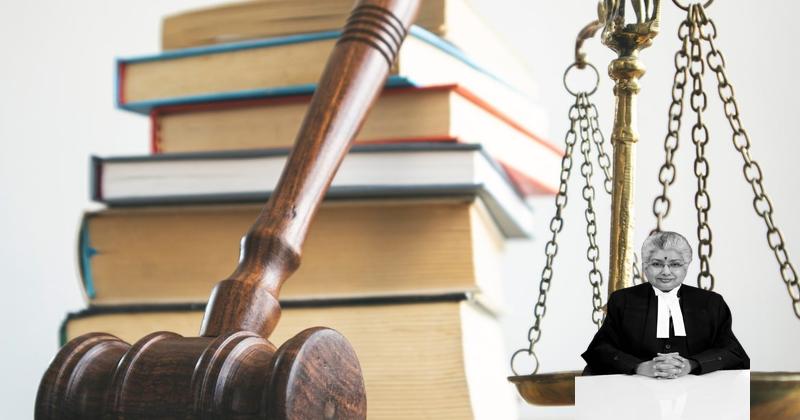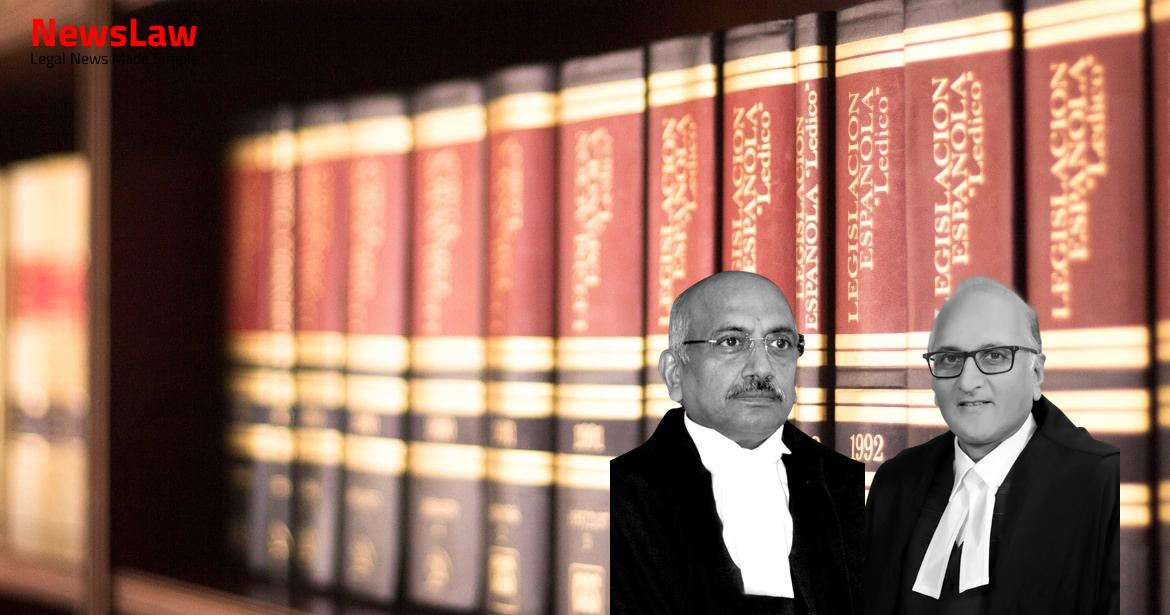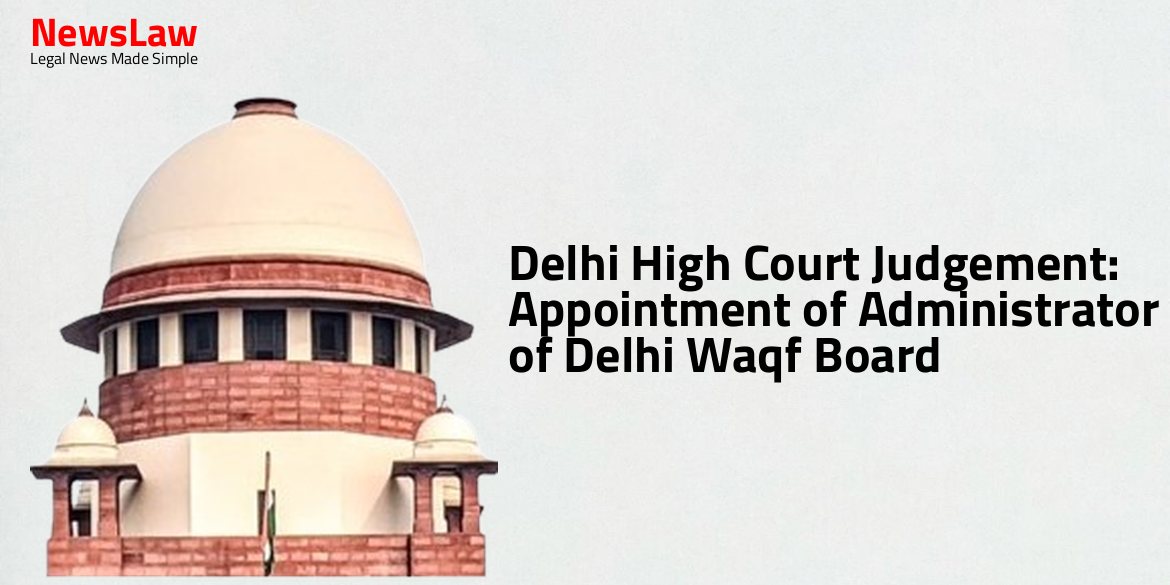By the impugned Order passed by the High Court in the Revisions filed against the aforesaid Order by the appellants, the High Court has affirmed the Order passed by the Tribunal, however, on the ground that the first respondent, in the Appeals, had perfected title by adverse possession. We begin by setting out the following genealogical chart:
Also Read: https://newslaw.in/case-type/civil/application-of-code-of-civil-procedure-in-small-causes-court/
Syed Mohd Akbar Ali Khan Qasim Ali Khan Syed Qasim Ali Khan Syed Raza Ali Khan Sayeed Shujat Ali Khan Sajjad Ali Khan Syed Mohd.
However, his younger brothers, i.e., Kazim Ali Khan and Raza Ali Khan got their names mutated in the Revenue Records as Bhumidhar in regard to the property. It was his reasoning that upon the creation of the waqf, properties stood vested in the Almighty and the first sale was infirm. The Appeal filed by Shri Kasim Ali Khan and Shri Raza Ali Khan came to be dismissed by the Settlement Officer. The Deputy Collector, Consolidation accepted the compromise, set aside the Order dated 29.01.1969, an Order passed on merit, and, disposed of the Revision on the basis of the compromise.
Shri Syed Shujat Ali Khan, who was the son of Qasim Ali Khan, filed Writ Petition (C)
No 5874 of 1974 challenging Order dated 12.09.1974 passed by the 7 Deputy Director, Consolidation. By the said Order, he invoked Section 52(1) of the Act and directed the Collector to recover and deliver possession of the disputed land from the unauthorised occupants, viz., Shri Syed Mohamad Ahmad Ali Khan and Shri Mohamad Ali Khan, who were the sons of Shri Raza Ali Khan.
Also Read: https://newslaw.in/case-type/criminal/dereliction-of-duty-and-grave-lapses-a-legal-analysis/
The appellant filed Writ Petition (C)
No 23414 of 1998, contending that it was the Waqf Tribunal which had the jurisdiction and not the Additional District Judge. Under Section 52(1) of the Act, the Board was to first satisfy in such manner as was prescribed, after making inquiry that the property is recorded in the Waqf Register and further that the property was alienated without any prior permission of the Board. No Notification was produced to establish that the Board transferred its power to any Officer known as Controller. There was no absolute Rule that a property 11 could not be transferred as new rights could accrue to any person on the basis of adverse possession. In the absence of the Waqf Board, the Order passed by the Deputy Director, Consolidation acting on the compromise was invalid in view of Section 69 of the 1960 U.P. Rejecting the contention of the appellant that a beneficiary could not acquire title by adverse possession over waqf property, it was found that title by adverse possession could be acquired.
A Mutawalli, accordingly, on the said principle, could not claim title by adverse AIR 1995 SC 605 AIR 1940 PC 116 13 possession over waqf property [See Faqir Mohd.
If the Suit for Recovery of Possession was not instituted within the period of twelve years under Article 65, the rights of the Manager to recover the endowed property would stand extinguished under Section 27 of the Limitation Act. The correct interpretation to be placed on Article 96 is to confine its ambit to suits to recover possession where the right to recover possession was not lost under Section 27 of the Limitation Act.
Case Title: SABIR ALI KHAN Vs. SYED MOHD. AHMAD ALI KHAN (2023 INSC 368)
Case Number: C.A. No.-007086-007087 / 2009



